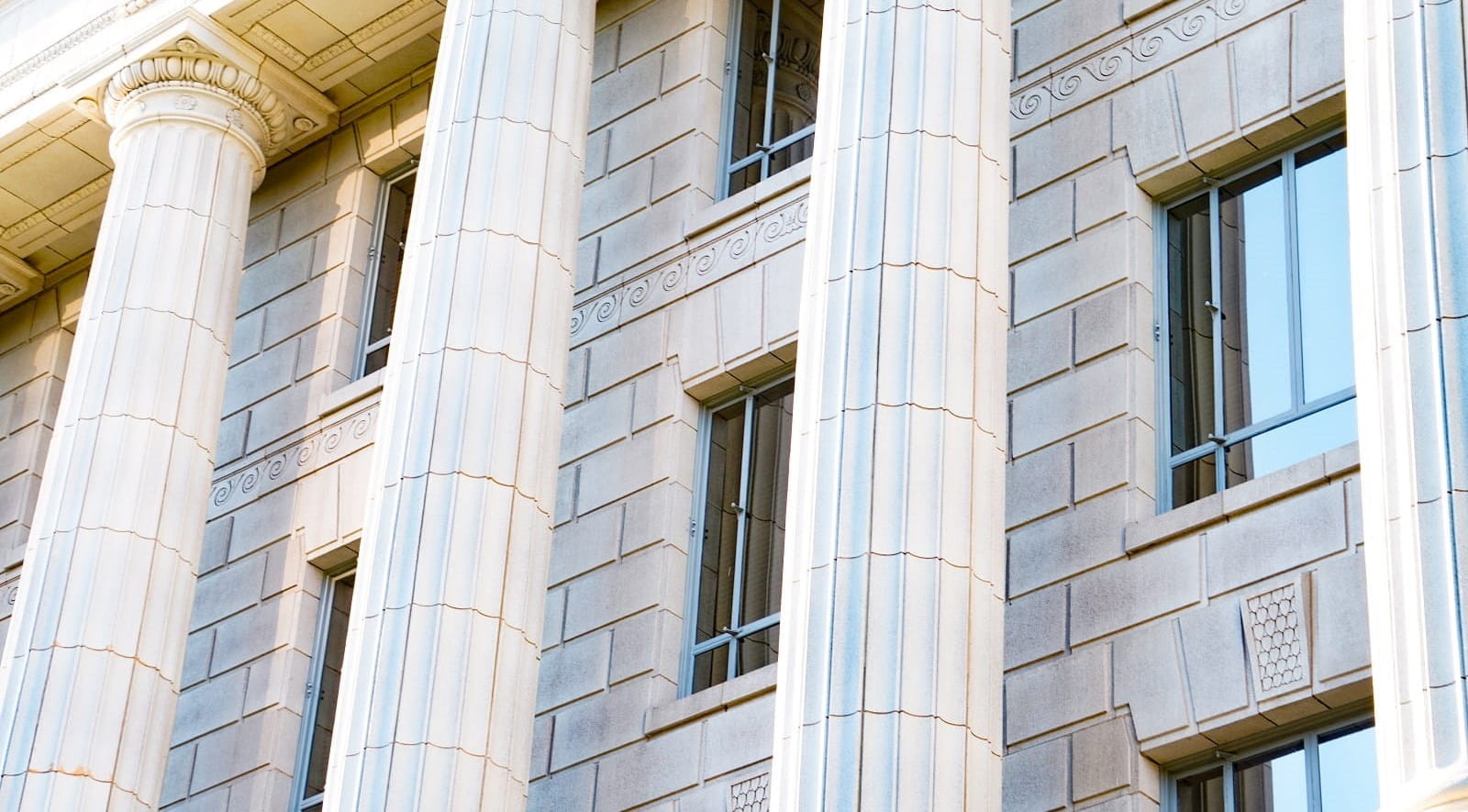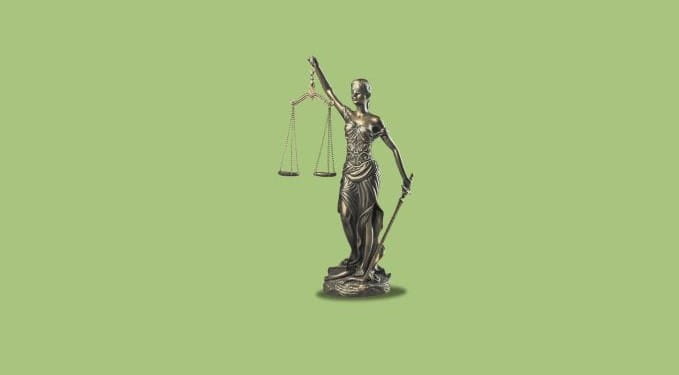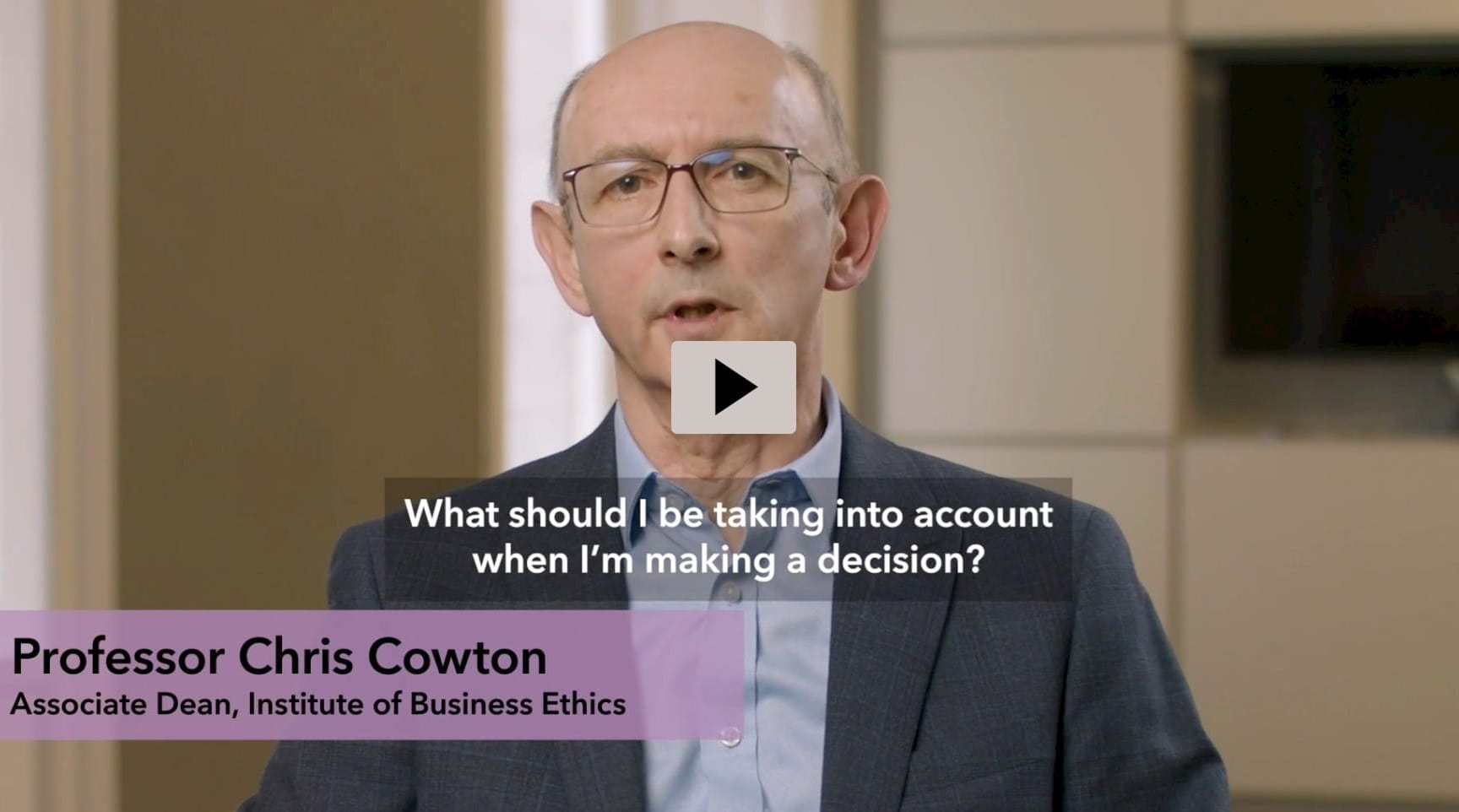Bhev Chandrasena FCA is a CFO with more than 25 years of industry experience, and currently CFO of Eurocontrol, an international organisation supporting European aviation. He views ethics on two levels: the first being integrity, the second perception.
“As ACAs, we set standards on both corporate and individual behaviour. In short, how organisations should function. Integrity is a key part of our value proposition and is a key brand differentiator. Simply put, it is about doing the right thing all the time. It is just good practice. We must at all times do the ethical thing and be perceived to be doing it. It’s about getting the job done in the best way possible – making the right decisions just because they are right.”
To ensure ethical decision making is front and centre of what organisations should do, it must always be underpinned by processes and procedures that support, facilitate and amplify it.
All healthy businesses must always have the right tone at the top. This is vital, says Chandrasena. As in the COSO model, everything else must and will follow: risk assessment, policies, controls and monitoring.
In large organisations, there must be a constant reiteration of corporate values through campaigns and training courses both online and physical. It may seem like a tick-box exercise for the employees having to fulfil these training courses, but Chandrasena argues that these are a necessity to keep reinforcing the message on maintaining strong ethics.
“It’s a little bit of hand holding, but otherwise in large organisations the disconnection level can be very high. So, you need to have a corporatised approach to being ethical. This is what we stand for,” he says.
Chandrasena says middle management is also critical to upholding ethical values. “Middle management can kill a good strategy, or they can make a good strategy. Middle managers tend to drive and create a culture. If you get your middle managers on board it is already half the battle won,” he says.
Organisations must also create safe places for people to call out bad behaviours. “Where people see an issue there must be an escalation process or hotline where they can actually call it out in a safe way without fear of recrimination or repercussion.”
This should be accompanied by effective monitoring and follow-up. Training programmes should be rigorously followed up to ensure that staff complete courses and sign off on their attendance. Likewise, complaints made should always be investigated with outcomes documented. This needs to be signed off to confirm employee participation.
In finance, most opportunities to do the right thing come through ensuring the integrity and accuracy of the numbers and need to be anchored to Generally Accepted Accounting Practice. Chandrasena has come across this issue in the past, where accounting decisions have led to an overstatement of revenues or understatement of costs both generating profits.
‘’I have walked into roles where these issues have cropped up within months and even sometimes days. In all cases, the buck stopped with me. It was part of my training; it was part of the reason why I was there.”
From Chandrasena’s experience, unethical decisions are rarely borne of self-interest; it was mainly inertia and sometimes fear to challenge the status quo.
“Most people who actually ‘allow’ unethical things to happen don’t stand to make much personal gain, if any. Therefore, if people are trained, made aware of ethical red lines and then allowed the space to call out bad behaviours, that is a powerful enabler to ensure people are doing the right thing,” he says.
Finance professionals also need to step up by ensuring the narrative corresponds with the reality, Chandrasena says. Numbers can mean several things to several people. Sound financial analysis needs to drive a balanced narrative to ensure all stakeholders’ interests are protected.
Chandrasena says: “In all organisations finance folks are the thin blue lines to make sure that stakeholders are aware of what’s going on. It’s an important role. We need to ensure the utmost transparency.”
But because of the opacity of ethics, what should CFOs do when they see competitors stretching the rule of ethical behaviour? “This is difficult given that when this happens it’s not abstract but part of the commercial reality.”
He points to an example of how he tackled this challenge when he was CEO of a privately-owned phone recycling company in Europe. The company collected more than 12m phones annually in the region, giving a second life to devices that would otherwise end up in landfill.
In a supply chain-centred business, the challenge was to provide the best price to carriers’ customers and then data-wipe, repair, and resell to generate a return. For such end customers the price is as important as the responsible repair and resale of their device, but arguably less important than the safe deletion of personal data.
In an extremely competitive industry, this brand differentiator was difficult to convey to vendors and their customers, especially as internet competitors undercut acquisition prices. The key question to many players was whether to reduce quality and thereby costs or alter the business model to share the risk.
“Admittedly, it was extremely difficult, but at the time I had two ways of dealing with it. One way was to lower costs by compromising standards. This would have crossed ethical lines. If you’re doing the wrong thing to get ahead, then you are breaking the law and eventually will get caught out. This becomes more of a challenge when you move from the overhead to the top line,” he says.
Solving these kinds of ethical issues, Chandrasena says, takes effort. “It’s an extra level of pain and work because you have to convince somebody of the problem that will also create challenges and extra work for that person, so it makes it much more difficult.”
But he argues that as a chartered accountant it’s part of his professional values and ethics. “Ethical behaviour is a key brand differentiator for us and if we focus on it, it provides us with both a sword and a shield to get the right thing done. This is a powerful leverage in any organisation.”
Fortunately, when you come up against these kinds of ethical dilemmas as a chartered accountant there is a support network to turn to. He points to the ICAEW technical and ethics helpline but also suggests building an informal network of “ethical buddies” that you can tap into if you have a question, a concern or just need a sounding board.
“People tend to forget that we have gone through an extremely rigorous set of training to obtain our professional qualification. It's hard to get but easy to lose. Doing the right thing is the only option.”
Global Ethics Day
Global Ethics Day 2024 focused on using the power of ethics to build a better world. ICAEW examined the vital role ethics must play in the use of technology in accountancy.




